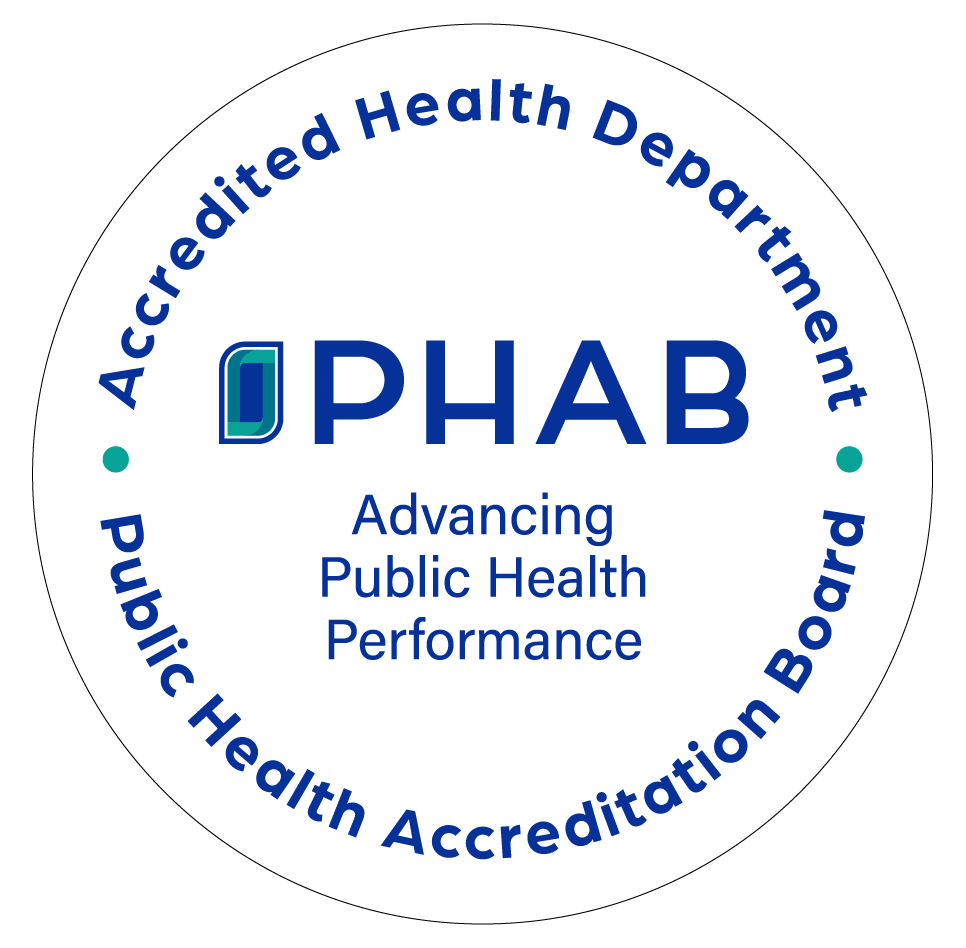This year, we honor National Public Health Week on April 7-13, 2025. This time is used to recognize the contributions of public health, highlight success stories, bring awareness to ongoing challenges, and navigate a healthier future.
Have you ever thought about pursuing a career in public health but maybe you just aren’t sure what your options are?
The possibilities in the world of public health are endless. It is important to note that public health is not the efforts of a single person; we all work together to serve our communities. Many of us work in roles behind the scenes to protect the public, prolong life, and assure a healthful environment.
When choosing a career, know that this one is quite fulfilling, but often misunderstood. This field suits people who are driven to improve community well-being. Where many medical fields focus on the individual, public health takes a population-level approach.
The Basics:
- Many public health careers require higher education; however, public health values lived experience and a variety of skill sets that can come from various backgrounds.
- People with public health degrees work in diverse public and private sectors including government, healthcare, social services, schools, and nonprofits.
15 Public Health Career Paths:
- Public Health Nurse
- Promote public wellness, prevent disease, and reduce health risks at the population level through evidence-based care and education.
- Health Educator
- Analyze and access the health needs of a community and address those needs through education and advocacy.
- Epidemiologist
- Use scientific and systematic data to identify causes, locations, and patterns of disease outbreaks.
- Nutritionist/Dietitian
- Provide education and resources to a growing population to maintain a nutritionally balanced diet.
- Health Communications & Outreach
- Communicate public health messaging to a variety of internal and external audiences using an assortment of strategies, campaigns, and mediums.
- Environmental Health Specialist
- Coordinate inspections and educate communities for compliance with environmental, health, and safety regulations.
- Policy Analyst
- Access existing healthcare programs, develop new legislation, and shape laws that affect community health.
- Biostatistician
- Examine public health and biological data, using statistical analysis tools to observe and track health trends.
- Communicable Disease Investigator
- Investigate the spread of infectious disease and provide education on prevention and mitigation efforts.
- Public Health Physician/Dentist
- Focus on improving physical and oral health across populations rather than among individuals.
- Lactation Consultant
- Range from offering basic breastfeeding support and education to handling complex breastfeeding challenges.
- Laboratory Scientist
- Conduct tests and research to assist other public health professionals in detecting potential threats to public health.
- Clerical Specialist
- Offer internal and external administrative support, manage incoming requests and general questions, and coordinate documents for everyday operations.
- Social Worker
- Provide support, help prevent, and intervene in health and social problems afflicting communities and populations at large.
- Emergency Preparedness Coordinator
- Assess risks and develop strategic disaster preparedness and response plans to help communities be ready for potential crises. This could include loss of life, property damage, and environmental destruction.
*this is not a comprehensive list
Are you ready to become a public health professional? By joining the public health workforce, you can make your community a healthier and safer place to live. Many public health efforts happen outside of the public view, but the work makes a difference in people’s everyday lives.
Join us in celebrating National Public Health Week by following us on social media: Facebook, X, Instagram, and LinkedIn. Be a part of the conversation. Say thank you to your favorite public health workers.
For more information on the programs and services offered by the Medina County Health Department, call 330-723-9688 or visit our web page at www.medinahealth.org.







